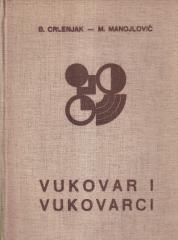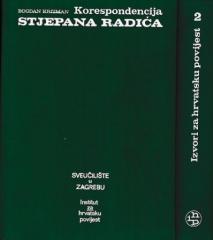
Proizvodnja pokljuka u Požeškom Novom Selu: Separat
Zdenka Lechner, die erste Ethnologin am Museum Slawoniens (1951–1965), leistete bedeutende Beiträge zur Erforschung der traditionellen Kultur Slawoniens, einschließlich der Verwendung von Pokljuc – Tondeckeln zum Backen von Brot und Gebäck auf dem Herd.
In Požeško Novo Selo, einem Dorf in der Gespanschaft Požeško-Slawonien, wurden Poključi traditionell zum Backen auf dem Herd verwendet. Diese aus Ton gefertigten Deckel ermöglichten das gleichmäßige Backen von Brot, Kuchen und anderem Gebäck und bewahrten dabei Wärme und Feuchtigkeit. Dabei wurden die Poključi über dem Feuer erhitzt, der Teig darunter gelegt und mit Glut bedeckt. Lechner dokumentierte ähnliche Bräuche und beschrieb die Verwendung der Werkzeuge und ihre soziale Bedeutung in ländlichen Gemeinden. Poključi waren fester Bestandteil der slawonischen Küche und symbolisierten Haushalt und Gemeinschaft.
Im Rahmen ihrer Tätigkeit am Slawonischen Museum gründete Lechner 1952 die Ethnografische Abteilung und sammelte Daten zu Landwirtschaft, Handwerk und kulinarischen Traditionen. Ihre Aufzeichnungen enthielten oft Interviews mit Einheimischen, wodurch das Wissen über traditionelle Techniken erhalten blieb. Heute werden Poključi in Požeško Novo Selo seltener verwendet, sie bleiben jedoch Teil des kulturellen Erbes und werden durch ethnologische Projekte und Gastrotourismus wiederbelebt.
One copy is available

